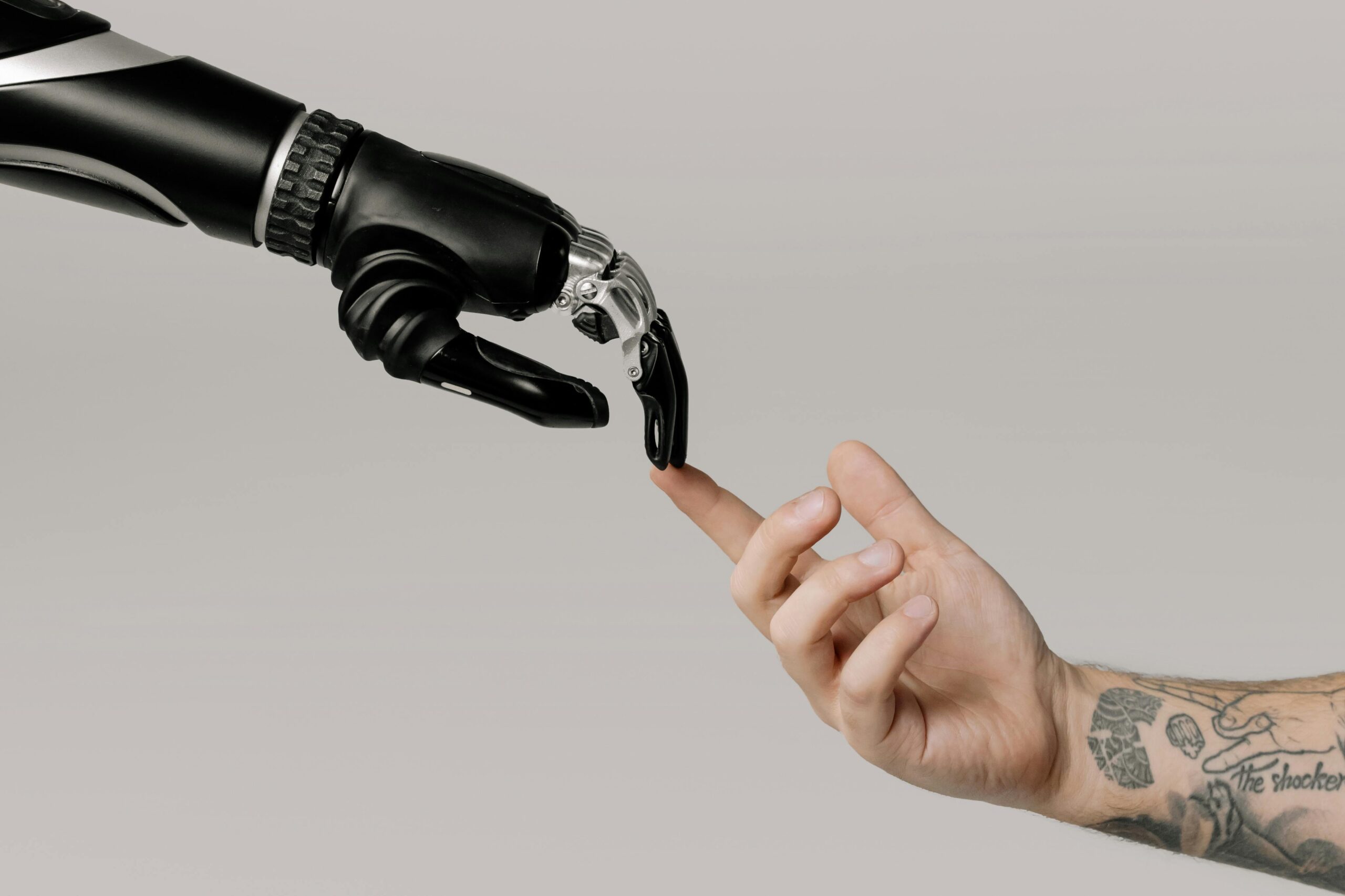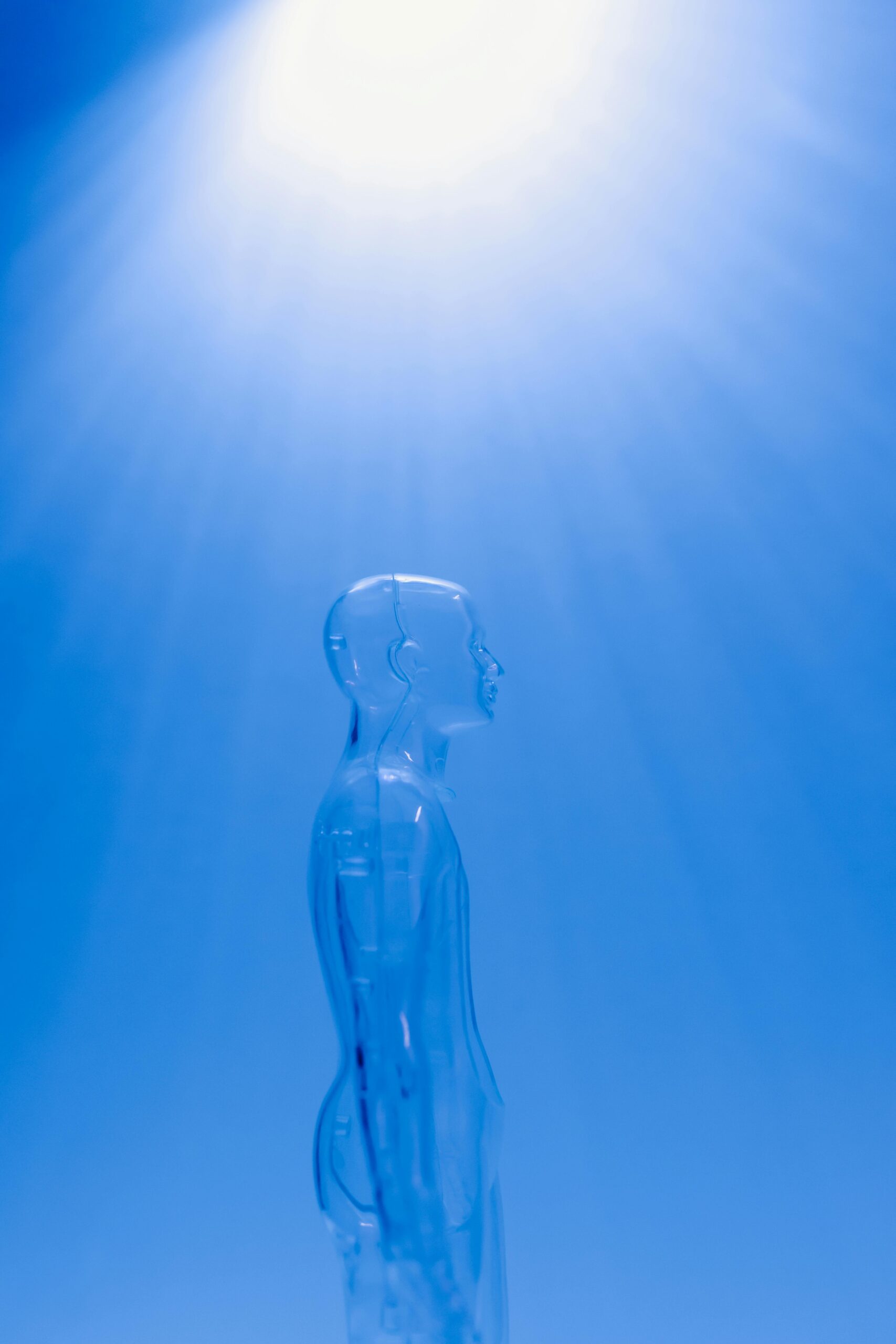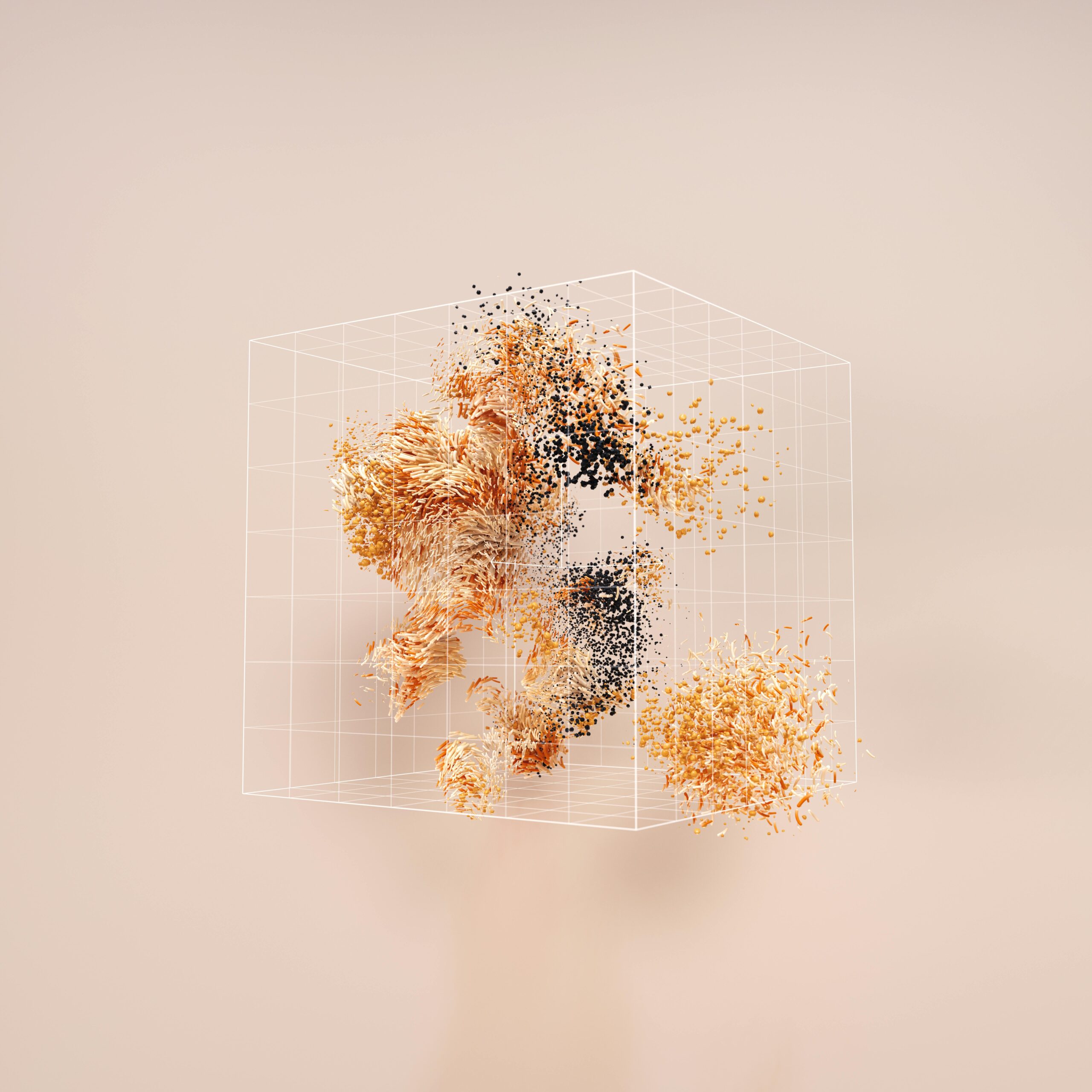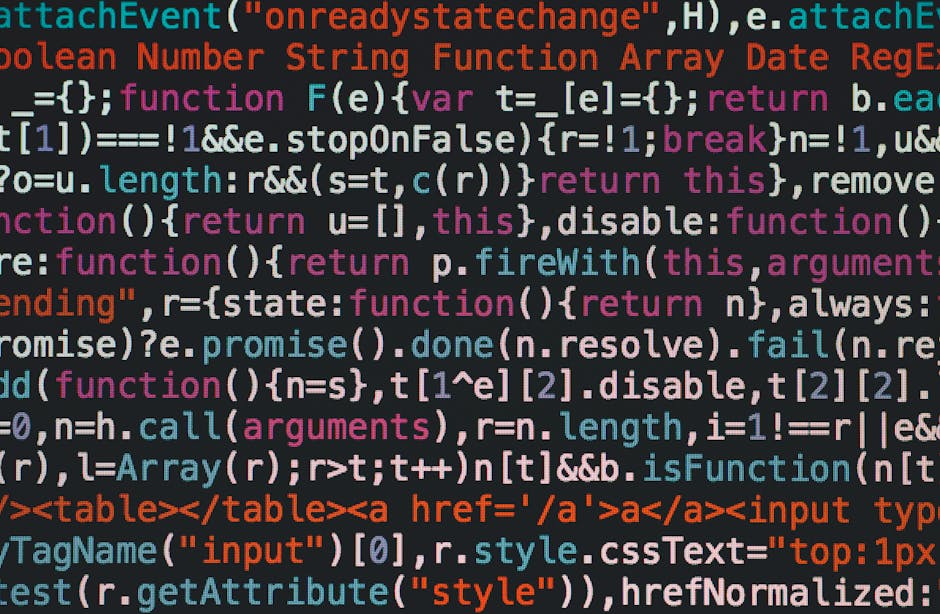Artificial intelligence continues to make headlines, achieving remarkable feats and transforming industries. While its advancements are undeniable, it’s crucial to understand the limitations of AI and appreciate the unique strengths that define human intelligence and ingenuity. This article explores the differences between AI and human cognitive capabilities, examines the crucial factor that keeps AI from truly competing with the human brain, and ultimately argues for a future of collaboration rather than competition.
The Limits of AI Compared to Human Ingenuity
The rapid progress of AI is impressive, yet it falls short when compared to the depth of human creativity and the unpredictable nature of genuine innovation. Recent discussions, as highlighted by The Guardian, emphasize that human intelligence is not simply a matter of processing data; it’s shaped by a complex interplay of lived experience, cultural context, and deeply held personal values. These elements, integral to our ability to generate truly novel ideas and solutions, are currently beyond the reach of programmable machines.
Letters to the editor in The Guardian underscore a critical point: AI, in its current form, lacks the capacity for genuine moral judgment and emotional understanding – qualities essential for progress and maintaining a just and thriving society. While AI can mimic certain responses, it cannot replicate the nuanced ethical considerations and empathetic connections that underpin human decision-making.
The One Crucial Factor: Human Consciousness
What sets humans apart from even the most sophisticated AI systems? According to insights from good.is, the answer lies in consciousness – the subjective awareness and self-reflection that drives creativity, empathy, and moral reasoning. While AI excels at processing vast amounts of information and performing cognitive tasks, it does so without genuine understanding or intention. It acts based on algorithms and datasets, not on a sense of self or purpose.
Human consciousness enables us to connect disparate ideas, draw upon a wide range of emotions, and act with purpose. This ability to reflect on our actions, understand the perspectives of others, and make choices based on a complex web of values is currently what separates us from even the most advanced forms of AI. It’s the foundation for innovation and meaningful human connection.
AI Makes Mistakes—Just Like Humans, But Differently
Interestingly, both AI and human intelligence are prone to making mistakes. However, the nature and origins of those errors differ significantly, as explored in Psychology Today. AI mistakes often arise from limitations in training data – biases present in the data used to teach the system – or from misinterpreting the context of a situation. The algorithm may work flawlessly according to its programming, but if the input data is flawed or ambiguous, the output will inevitably be inaccurate.
Human errors, on the other hand, are frequently rooted in emotional responses, intuitive leaps, or difficult moral dilemmas. We make choices based on incomplete information, personal biases, and a range of complex feelings. While AI can learn from data, it currently cannot learn from experience in the rich, adaptive way that humans do – absorbing lessons from failures, adapting to new situations, and developing a deeper understanding of the world.
Productivity: AI’s Strengths and Human Advantages
Research and analysis, including findings presented by Analytics Insight, clearly demonstrate that AI excels in certain areas. It demonstrates remarkable speed, accuracy, and efficiency when handling repetitive or data-intensive tasks. In sectors like healthcare, finance, and manufacturing, AI significantly outperforms humans in processing large volumes of information, making predictions, and executing precise operations with a degree of consistency that’s difficult for humans to match.
However, when it comes to creativity, innovation, emotional intelligence, and ethical decision-making, humans remain unmatched. These are the areas where uniquely human qualities shine. The most productive outcomes emerge when AI handles routine tasks, freeing humans to concentrate on complex problem-solving, strategic thinking, and interpersonal interactions – tasks that require imagination, empathy, and judgment.
Comparative Analysis: AI vs Human Intelligence
To better understand the differences, consider this comparison:
- Learning: Artificial Intelligence learns from data and algorithms; Human Intelligence learns from experience, logic, and emotion.
- Creativity: Artificial Intelligence demonstrates pattern-based innovation with limited originality; Human Intelligence exhibits abstract, original, and imaginative thinking.
- Emotional Intelligence: Artificial Intelligence lacks true understanding; Human Intelligence possesses high empathy and awareness.
- Adaptability: Artificial Intelligence is limited to trained data; Human Intelligence is highly adaptable to new situations.
- Ethics & Morality: Artificial Intelligence operates on rule-based, pre-programmed responses; Human Intelligence makes value-driven, nuanced decisions.
- Processing Speed: Artificial Intelligence exhibits extremely fast processing; Human Intelligence operates at a slower pace but with contextual awareness.
- Memory: Artificial Intelligence utilizes vast digital storage; Human Intelligence possesses limited but contextually rich memory.
- General Intelligence: Artificial Intelligence demonstrates narrow, task-specific abilities; Human Intelligence possesses broad, domain-crossing capabilities.
- Intuition: Artificial Intelligence lacks intuition; Human Intelligence relies on intuition, particularly in ambiguous situations.
The Future: Human-AI Collaboration
The prevailing consensus among experts is that the future lies not in competition between humans and AI, but in collaboration. AI is poised to continue automating routine, technical, and analytical tasks, while humans will remain central to areas demanding creativity, empathy, and ethical judgment. This future requires us to design systems and societies that harness the strengths of both, ensuring that technological progress enhances rather than diminishes human potential.
This requires a deliberate focus on developing human skills that complement AI capabilities. Education and training programs must prioritize critical thinking, problem-solving, communication, and emotional intelligence – qualities that will be increasingly valuable in a world augmented by AI. It also necessitates careful consideration of the ethical implications of AI, ensuring that these technologies are used responsibly and in a way that promotes fairness, transparency, and accountability.
Conclusion
The capabilities of AI are expanding rapidly, but it still falls short of the richness, adaptability, and ingenuity that define human intelligence. While AI offers immense potential to improve our lives and solve complex problems, it is crucial to remember that it is a tool, and its value depends on how we use it. True progress will come from combining AI’s efficiency with the uniquely human qualities of creativity, empathy, and ethical reasoning – creating a future where both can thrive together, leading to a more innovative, equitable, and fulfilling world for all.







Leave a Reply
You must be logged in to post a comment.